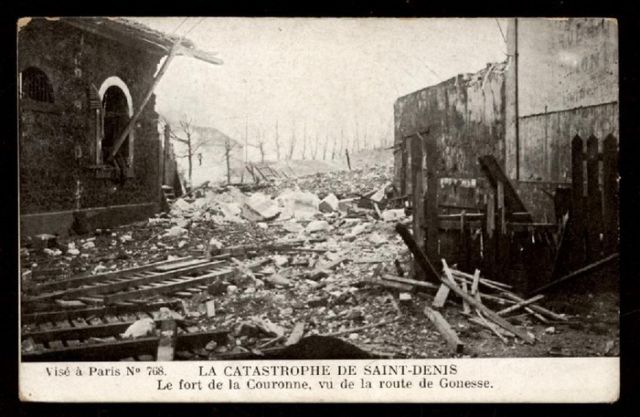
As the anniversary of the tragic Beirut port explosion on August 4, 2020, approaches, it is crucial to remember this devastating incident that caused immense suffering to all Lebanese people. Justice has been elusive, but there is hope, as similar situations have resulted in some form of accountability. To understand the potential for justice, we can look at the landmark case of Conseil d’Etat, March 28, 1919, Regnault-Desroziers, and draw comparisons to the Lebanese context.
The explosion in Beirut was one of the largest non-nuclear explosions in history, killing over 200 people, injuring thousands, and leaving countless others homeless. The incident was a result of the negligent storage of 2,750 tons of ammonium nitrate in the port for six years. Despite clear warnings, no action was taken to secure the hazardous material, leading to this catastrophic event. The Lebanese people have demanded accountability, but the path to justice has been fraught with political obstacles and a lack of transparency.
The Board of State's decision on March 28, 1919, in the Regnault-Desroziers case provides a significant precedent in jurisprudence for state liability in cases of negligence. This case involved an explosion in a munition's depot in the town of La Courneuve, France, which caused substantial damage and loss of life. The explosion occurred due to the storage of explosive materials close to residential areas, posing a foreseeable public risk.
In Regnault-Desroziers, the French Board of State established the principle of "responsabilité sans faute" (liability without fault), holding the state liable for damages caused by inherently dangerous activities, regardless of whether there was any negligence. The court recognized that the storage of explosive materials created a significant risk, and the state had a duty to compensate the victims for the harm caused by such activities. This decision marked a shift towards greater protection for individuals affected by hazardous state activities and set a precedent for state accountability.
Comparing the Regnault-Desroziers case to the Beirut explosion, several parallels can be drawn. Both incidents involved the negligent storage of highly dangerous materials in densely populated areas, leading to catastrophic explosions. In both cases, the responsible authorities were aware of the risks but failed to take appropriate action to prevent the disaster. The principle established in the 1919 case, where the state is held liable for harm caused by inherently dangerous activities, could be applied to the Lebanese context to seek justice for the victims of the Beirut explosion.
However, achieving justice in Lebanon has proven to be challenging due to political interference and a lack of effective legal mechanisms. The Regnault-Desroziers case highlights the importance of an independent judiciary and a robust legal framework to hold the state accountable. It serves as a reminder that the pursuit of justice is essential for the victims and their families and for preventing similar tragedies in the future.
As we approach the anniversary of the Beirut explosion, it is imperative to continue advocating for justice and accountability. The Regnault-Desroziers case provides a beacon of hope, demonstrating that it is possible to achieve justice for victims of state negligence. The Lebanese people deserve a transparent investigation and accountability for those responsible to honor the memory of the victims and to rebuild trust in their institutions.